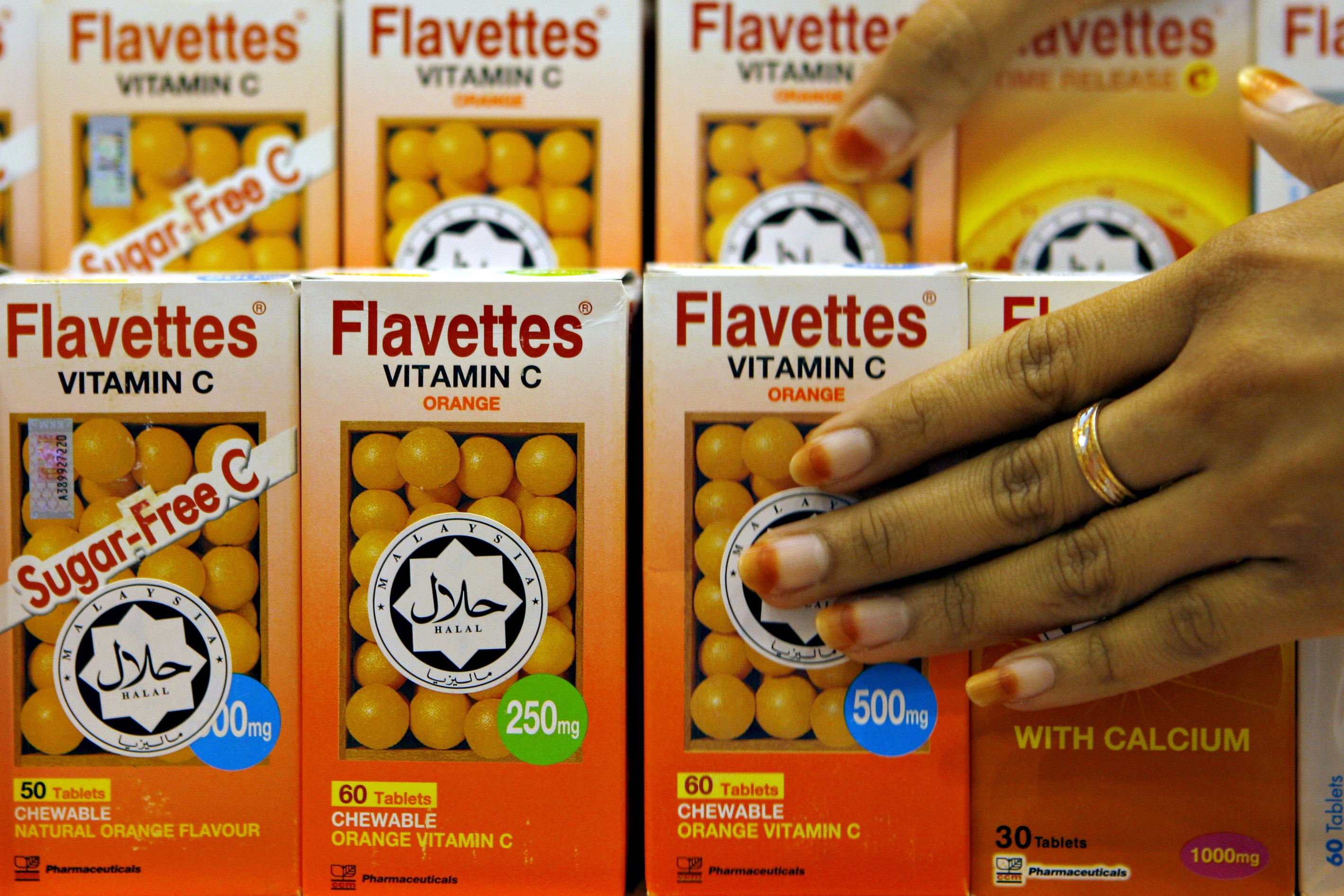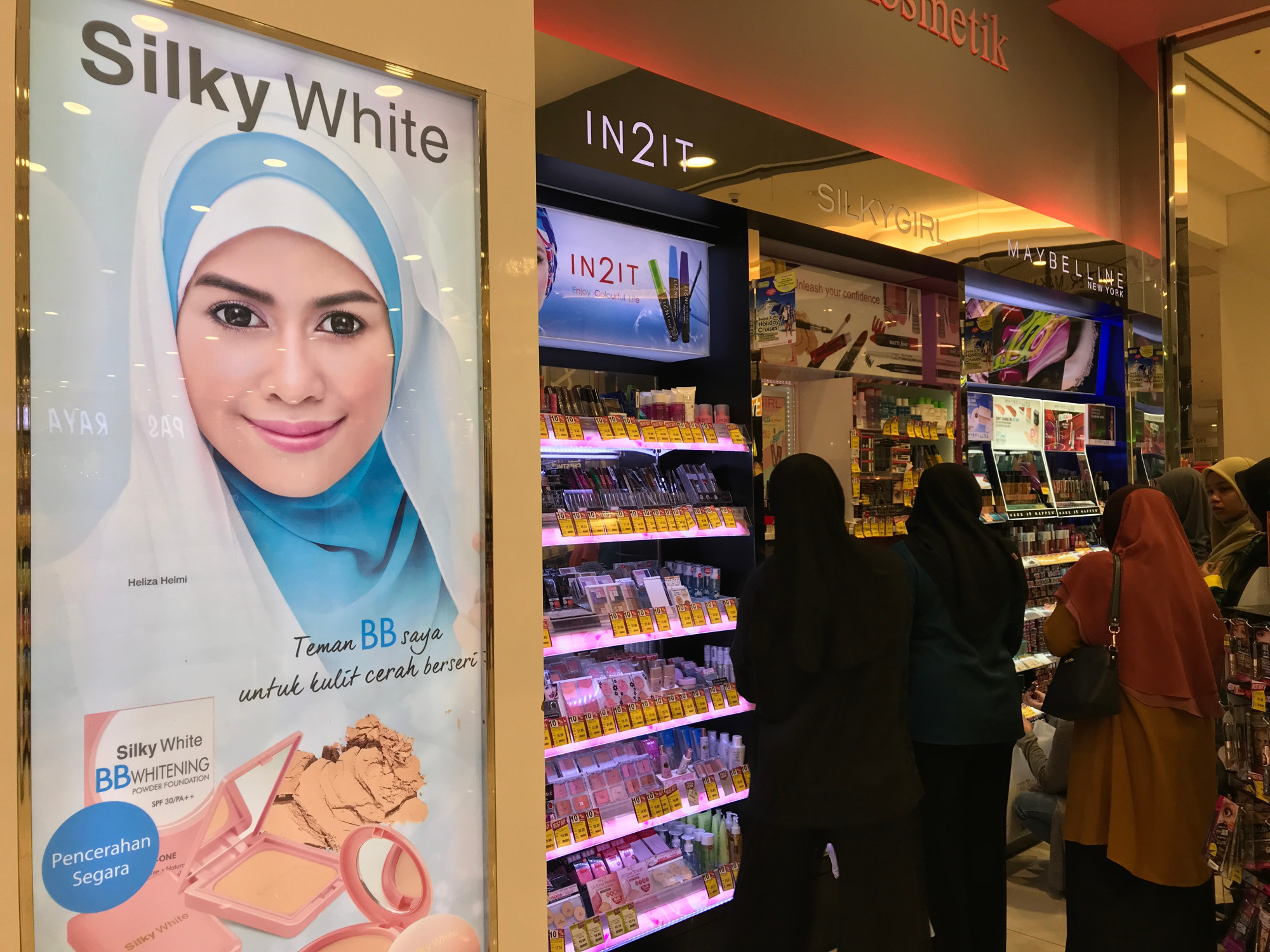Malaysia eyes halal exports to Middle East amid US trade tensions
Malaysia is touting its stringent halal certification process, recognised in over 47 countries, to cash-rich Gulf nations hungry for variety

Malaysian businesses are eyeing more sales to Gulf nations, whose burgeoning Muslim populations need a bigger range of halal products – from pet food to cosmetics – and are willing to pay trusted sources for them.
Majority-Muslim Malaysia is a global leader in halal products and has a rigorous certification regime recognised by scores of Muslim nations and bodies worldwide.
Businesses selling to the six oil-rich nations of Saudi Arabia, the United Arab Emirates, Qatar, Kuwait, Oman and Bahrain who make up the Gulf Cooperation Council (GCC) – a bloc seeking a trade alliance with Southeast Asia – are looking for deeper market access to the Gulf as the US strangles access to its giant consumer base.
Edwin Suhairi, who imports and exports cosmetic products between Malaysia and the Middle East, said he hoped negotiations this week between Asean and the GCC would cut the red tape at Gulf ports.
“Demand is still growing. A more streamlined process would be beneficial for my business,” he said, adding that Malaysian sales of Middle Eastern cosmetics had also increased amid boycotts of Western brands over the Israeli assault on Palestinians in Gaza.

Late Monday, Malaysia and the GCC agreed to begin free trade talks, a sign of changing trade patterns hastened by President Donald Trump’s punitive approach to commerce.
But it is also a measure of new consumer tastes and the purchasing power of a Gulf region with a combined GDP of over US$2 trillion, businesses say, touting Malaysia’s strong halal certification regime as a banner of trust.
Kuala Lumpur-based Calvin Yee said his company had been shipping canned and processed food to the Gulf for over a decade.
“Initially it was sold at the Asian grocery stores for Asians working in the Middle East, but now more items are being sold in the supermarkets,” Yee told This Week in Asia.
‘All things halal’
Food exports are rising as greater trust in halal certification, particularly Malaysia’s stringent vetting process, have helped the sector grow.
From January to September last year, Malaysia’s halal product exports to the world increased to 45 billion ringgit (US$10 billion) compared to 39.3 billion ringgit in the same period in 2023.
The Southeast Asian country’s leadership in the global halal economy is down to a rigorous certification process recognised in over 47 countries, said Ayman Falak Medina, editor of market research group Asean Briefing.
That made “Malaysia a global benchmark for halal compliance, enabling it to influence the standards adopted internationally”, he added.
Elsewhere in Southeast Asia, Indonesia – home to the world’s largest Muslim population – exported US$42.33 billion worth of halal products in 2023, while predominantly Buddhist Thailand has positioned itself as a leading halal exporter with over US$6 billion in shipments, driven by its strong food processing industry and strategic government support.
Oh Ei Sun, a senior fellow at the Singapore Institute of International Affairs, said that the focus on “all things halal” could provide vital lifelines to exporters shut out from the US.
The 10-member Association of Southeast Asian Nations and the Gulf are home to more than 330 million Muslims. Asean’s halal market was worth about US$2 trillion in 2023 and is expected to reach nearly US$5 trillion by 2030.
Malaysia’s Trade Minister Tengku Zafrul Aziz said the agreement to negotiate a free-trade agreement with the GCC represented a timely reordering of economic alliances.
“In a world beset with numerous uncertainties, this is also a timely opportunity to strengthen our collaboration and work together towards inclusive and shared prosperity,” he said.
The signing was witnessed by Malaysian Prime Minister Anwar Ibrahim and Kuwaiti Crown Prince Sheikh Sabah al-Khaled al-Sabah.
Later Tuesday, Anwar will host a summit between Asean, GCC and China, the first trilateral meet of its kind, linking the oil-rich Gulf with China and its supply chains inside Southeast Asia.
Beyond hydrocarbons, the GCC is investing heavily in economic diversification, infrastructure and food security.
Southeast Asia has a lead on Islamic finance, where Malaysia is a global leader with a comprehensive and well-regulated system, according to Nik Ahmad Sufian Burhan, head of the Department of Social Sciences at Universiti Putra Malaysia.
Indonesia, he added, was also expanding rapidly in sharia-compliant banking and investments.
“The Gulf states have strong demand for these products and the financial resources to invest in expanding their reach. This creates a natural complementarity between the two regions.”